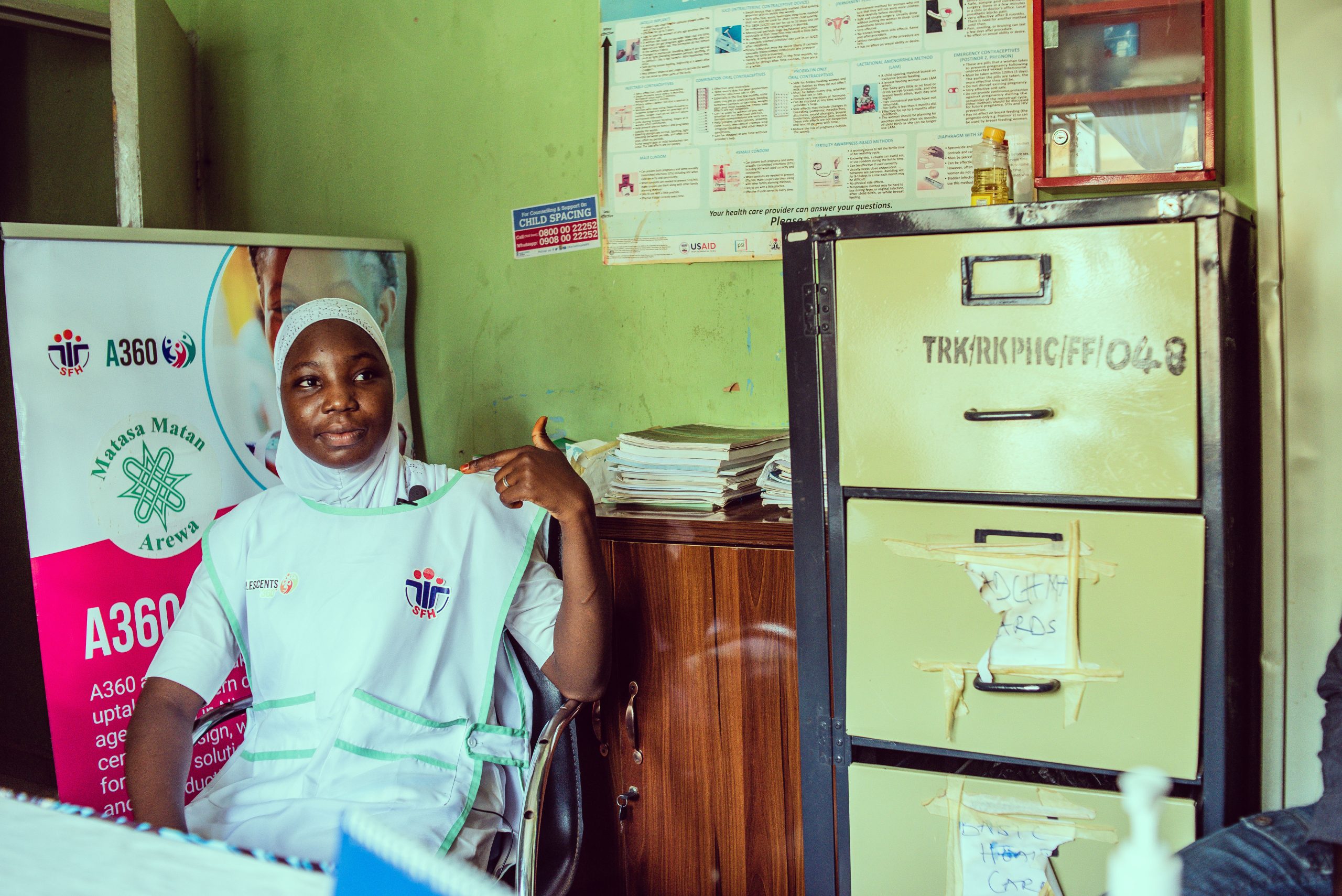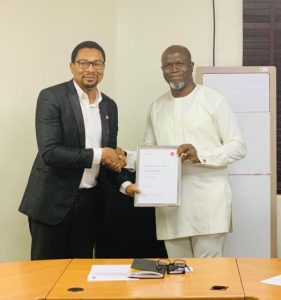A billion reasons why COVID-19 must not be allowed to take root in Africa: A reflection piece by Dr Omokhudu Idogho
The entry of COVID -19 into the already crowded space of poor health indices on the Africa continent is a cause for concern for all meaning Africans and friends of Africa. While the sheer speed and scale of infection with numbers growing by the week with its attendant death toll is scary, the projections of what these numbers could be in the next three-four weeks is even more compelling and better imagined than experienced.
I had the opportunity to review some of the modelling work done by Carl A.B. Pearson and his colleagues at the London School of Hygiene and Tropical Medicine. This modelling was carried out using data from the World Health Organisation COVID 19 Situation report as of the 24th of March 2020. This report suggests that by the 1st of May 2020, all 45 countries they ran projections for will have above 10,000 cases of COVID 19. Reviewing this against the literal doubling of Nigeria cases from 111 cases on 29th March to 242 as at the 5th of April, a space of one week against the exponential case growth as seen in the USA which increased from 221 on the 5th of March to 334,345 cases by 5th April and that of Spain in the same period from 282 on the 5th of March to 131,000 cases on the 5th of April all within 4 weeks, it would suggest some currency in the projections above. In the context of the emerging euphoria that the case growth in many of African countries is not as bad as predicted, I will strongly suggest an alternative view based on a cautious and proactive reflection on these numbers. While many of us have struggled with staying anywhere (including home) for the long haul, this is one case in our lifetime where we must ensure that complacence does not take a hold on both the sides of leadership and followership.
The bitter experience with the HIV epidemic that saw the continent lose a significant number of its productive workforce deepened the gender prevailing stereotype with women and girls as caregivers, and took the continent backwards is still fresh in our minds. So is the recent experience with Ebola in West and Central Africa including the DRC which is still awaiting the all-clear from WHO. Any attempt at complacence will see a worst-case scenario than what the continent faced with AIDS and Ebola combined. The emerging trajectory of the disease will thrash Africa’s weak health and social protection systems, deepening the spectre of poverty and lack for millions of households losing their caregivers, and productive members of communities. The capacity for institutional care will collapse and the recourse to community management with its attendant impact will become the order of the day. Women and girls will be worst affected as the bulk of care will fall on them, eroding the nascent gains made on gender equality and economic empowerment in the continent. Younger women will be particularly impacted as community structures collapse and as the health system becomes overburdened, leaving the care of relatives and loved ones to them. Many of them could also become infected, worsening the outcomes for their children. Unlike HIV infection, where community precautions could minimise transmission to caregivers, COVID -19 is more contagious and transmission risk will be extremely high, with catastrophic consequences for communities and women as caregivers. The poorest of the poor and rural communities with limited access to information will suffer the most.
It is therefore imperative that all African leaders and citizens alike are mobilised for the long term to contain this pandemic. If staying at home is what is required, let us all pull together to support each other to guarantee a daily livelihood for the poorest among us and ensure the effectiveness of lockdowns where they are in place. If sick or has been exposed, let us keep to the directive of self-isolation. As a patient presenting in the hospital, let’s provide all the required information including travel-related history or any exposure to COVID-19 for good clinical decision making. For all of us, let’s keep the handwashing, elbow sneezing and other advised public health behaviours going. Let’s pull together, to ensure our safety, that of our families, friends, communities and countries. We must not be complacent: let’s prevent the spread of, and work together to contain COVID-19 in Africa.
Dr Omokhudu Idogho is Managing Director, Society for Family Health, one of Nigeria’s largest non-governmental organisations. Dr Idogho’s work has been focused on developing a sustainable health financing ecosystem and social business model that brings the emerging African middle class and poor together in the quest for shared health and prosperity. He also served as Programme Director for DFID’s Enhancing Nigeria’s Response to HIV & AIDS (ENR) Programme, one of the largest single country HIV programmes in the world. He is a well sought after speaker on contemporary issues relating to health in Africa.




